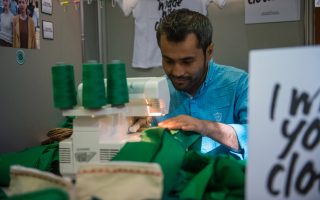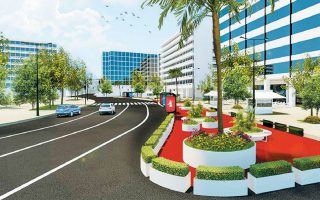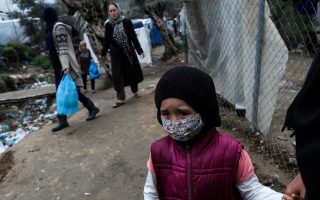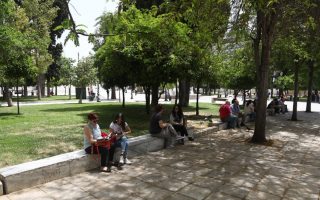Fighting the stigma of facial difference
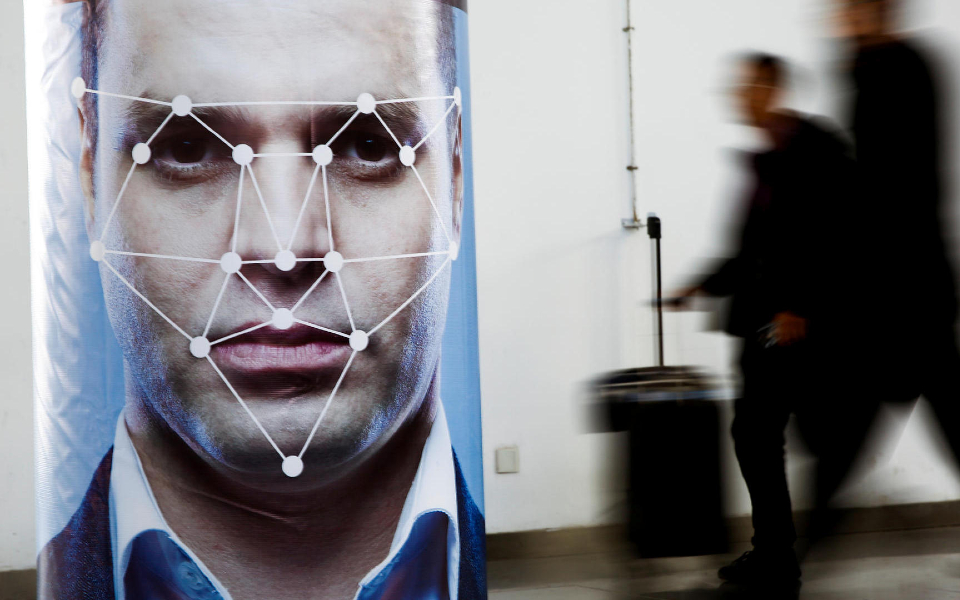
These are unprecedented times with the majority of countries around the world still in the midst of some form of lockdown. It is hard not to think of those who have been directly affected. Some have lost loved ones while those on the front line are effectively sacrificing themselves for the sake of others. Mental health, which even today still has a stigma attached to it, has rightly come to the forefront of people’s minds and it is only positive that groups dedicated to this subject are continuing to spring up.
Another stigma, which I can write about from personal experience, is towards those born with facial differences. As with mental health though, we are moving forward in society with this as well. When I was born in the early 1980s with severe craniofacial anomalies (craniosynostosis, a bilateral cleft lip/palate, hypertelorism, among other issues), such support groups were virtually non-existent. My parents, still only in their late 20s when I was born, had no real support. My mother still remembers walking me down the high street and the looks people would give when they saw me. Even when I was a few years older, there were comments from tactless adults, never mind children. This was London; a society you’d have thought was generally educated and sensitive. But back then – and it really wasn’t that long ago – things just weren’t the way they are today and we should all be thankful that nowadays things are very different.
While I can’t say I was fortunate to have undergone 50+ surgeries in my life, I was nevertheless extremely lucky to have had parents who left no stone unturned in getting the best care for me and a sister who was a rock by my side during my difficult years of adolescence. My surgeries saw us travel to Paris, where I was operated on by the father of craniofacial surgery himself, Dr. Paul Tessier. He laid the groundwork for future reconstructive surgeries. I had my nose reconstructed by Dr. Gary Burget and Dr. Robert Walton in Chicago, two surgeons at the top of their game. My last major surgery was done by Dr. Henry Kawamoto in Los Angeles back in 2005 when I was 21; the age Dr. Tessier predicted I would finish by. Having experienced having these surgeries both in Europe and the US, it was always interesting to compare the two. I would say that the most notable difference with the two was conservatism in Europe (with the exception of Dr. Tessier), particularly the UK. The US surgeons were more likely to take calculated risks, which was mainly why we ended up traveling there because in my case risks needed to be taken.
My 20s were a real learning curve, but felt pride that I went to university and eventually graduated. Coupled with that I also achieved my aim of living in Los Angeles for a couple of years where I worked in the film industry. I always felt that because I essentially spent most of my childhood in hospitals that I was playing catch up and so in a sense, looking back, I feel that I in some ways lived my teenage years in my 20s. It was only when I got to about 26 that I felt happy within myself and this brings me to the main point of this article. During my teenage years and into my 20s, I opened up very little to anyone about my fears for the future and whether I’d ever get to where I wanted to be. My lack of confidence, especially in social situations, took its toll on me at times.
If anyone reading this can relate to not opening up to others, whether it be your family or friends, I can’t emphasize enough the importance of doing so. I know now how much easier things might have been for me had I done so. For those of us who have been stared at, it isn’t easy. Personally, this happens rarely compared to when I was growing up, but now and then I still get those eyes darting at me if I’m walking down the street, or at a bar or restaurant. If it goes on to the point where I’m irritated, initiating a staring competition usually does the trick. When it comes to children though, they might stare out of their innocent curiosity and I always find that smiling at them results in a smile back from them, which is always a feel-good action. We all have our different ways of responding, but I like to believe that in today’s world things are better for us with facial differences.
These days, I am living in Greece and trying to forge a screenwriting career. Writing has always been a way for me to express myself and thanks to my wonderful wife, who has helped me with my confidence in all aspects of my life, I’m hoping that my current project will go from script to screen in the not too distant future.
Finally, I’d like to ask any of you reading this to support the Children’s Craniofacial Association (CCA), an inspiring organization, which I’m really looking forward to working with. May 17-25 was the 2nd Annual Face Equality week. North America celebrated “Face Equality Day” on May 19, where Face Equality International dropped a video from faces and voices around the world describing what face equality means to them. I encourage anyone to check out CCA’s site to check out the wonderful work it does for children and adults living with facial differences.
Christian J. Hadjipateras is a blogger and screenwriter based in Greece.
